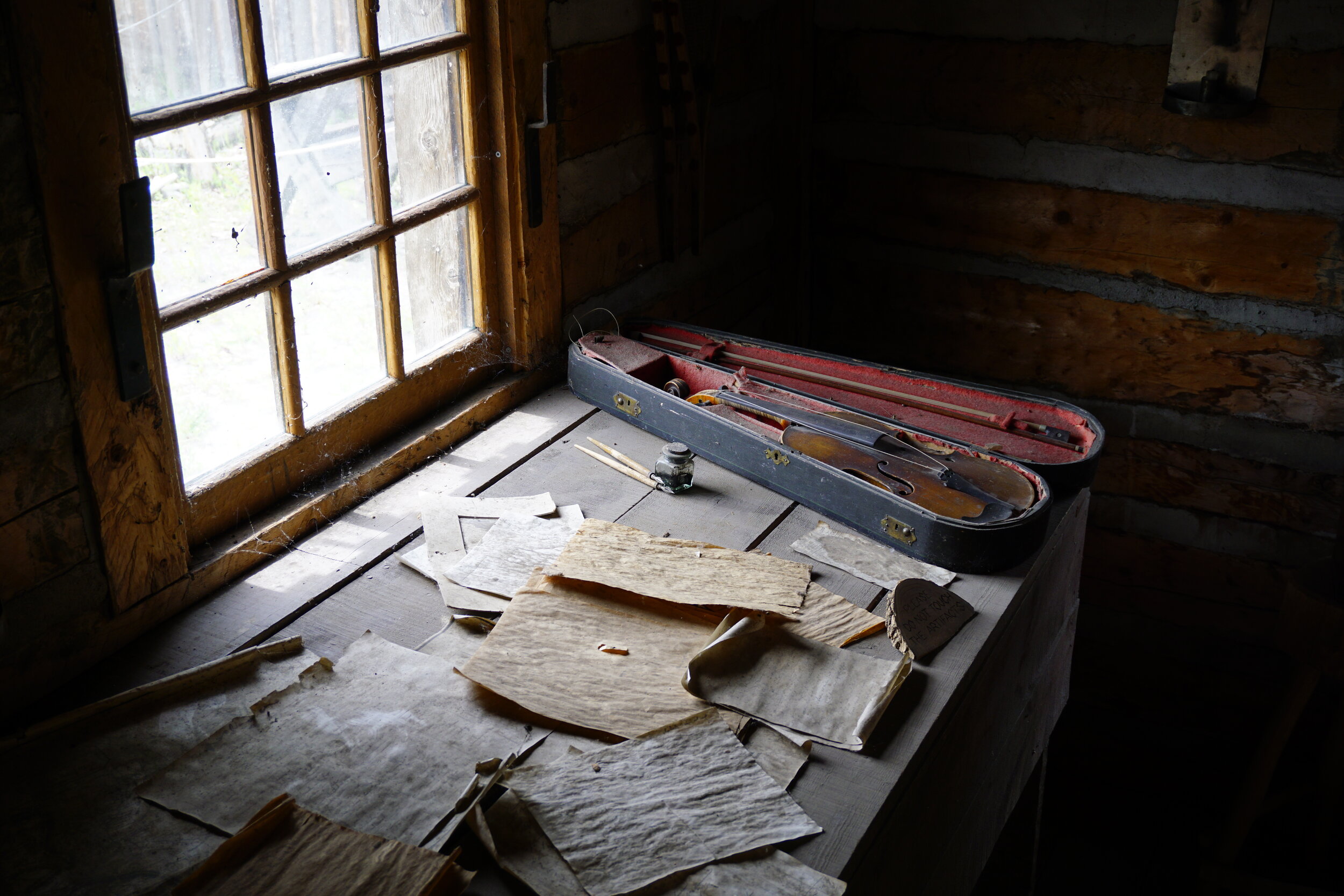In every grade at Holy House students will work through a comprehensive programme unique to Holy House, which includes a thorough instruction in English grammar and composition, both of which are directly connected to the classic literature being studied. Spelling is reinforced through dictation and copy work, as well as word lists grouped by spelling rules. Over the course of the year, written assignments will be added to the student’s writing portfolio: on average, one every two weeks. Junior and Intermediate students will be expected to complete their portfolio compositions and other written assignments in cursive handwriting.
All English literature, grammar and composition classes at Holy House fulfil the learning outcomes for the Alberta Programs of Study.
Beginner & Junior Literature, Spelling, Grammar & Composition
Literature for Beginner and Junior scholars ought to penetrate and conquer the child’s imagination with the good, the true, and the beautiful, as it is naturally found in the tried and true classics of children’s literature. Most of the literature will also correspond to the time period being studied in history class. In this way, the great books of classic children’s literature can memorably instil the details of history into the minds of young readers. In addition to novels, students will regularly study and memorise poetry, read short stories and fables, and prepare short dramatic presentations to be performed throughout the academic year.
Grammar for Beginner and Junior students focuses on parts of speech and the basics of English usage, and introduces sentence diagramming and analysis. It also includes classically based “Erasmus” or copia exercises to develop students’ writing and editing skills.
Beginner Composition focuses first on oral narration followed by guided written narration, which gradually leads to more independent written narration, following the classical model of learning through imitation. Junior Composition also includes written narration, while introducing outlining along with other types of writing.
Intermediate Literature, Spelling, Grammar & Composition
Intermediate students are maturing passengers on a journey of wonder and inquiry. Great Books provide the map for this adventure. Passengers are naturally compelled to engage and debate the deepest questions and timeless themes that emanate from the texts. The journey ought to be filled with great conversation and is meant to end in reasoned observations and answers.
The Intermediate grammar programme continues developing students’ analytical and writing skills with a faster-paced and more in-depth treatment of parts of speech, English usage, sentence analysis and diagramming. Copia exercises continue to play an important role in training students in thoughtful writing and editing.
Composition for Intermediate students continues to utilise classical methods through outlining and narrating using classic works of literature as models, but students are also introduced to other forms of writing inspired by the ancient rhetorical exercises of the progymnasmata in a step-by-step process including annotating, outlining, writing, revising, and editing. This process helps students develop the skills necessary to write in a thoughtful, organised, and coherent way for any purpose and audience.
LITERATURE READING LISTS 2023 - 2024
Nota bene: All text excerpts as well as poetry and Scripture selections will be provided by Holy House. The school will provide all novels on loan to students during the school year. However, parents are welcome to purchase their own copies of the novels for their children if they wish. Parents should consult with the Associate Principal about what grade their child is in before purchasing books.
As each book/novel is studied the following process is recommended:
Read aloud, taking turns, parent - child, family members, in various combinations.
Listen to an audio version.
Student re-reads silently.
If one exists, watch a film adaptation. Parents should preview before letting their children watch.
Audio versions listened to on road trips or in the van on the way to and from Holy House serve as a good review, but must not be substituted for the actual reading of the book.
Free Online Text Sources:
www.gutenberg.org
www.mainlesson.com
Free Online Audio Sources:
www.librivox.org
Public libraries are also an excellent place to find audio recordings. If you can’t find one, try inter-library loan or ask your librarian.
Memorization of Holy Scripture
Over twelve years of study, students of Holy House will have memorised large sections of Holy Scripture. During the 2023-2024 academic year, all students of Holy House will study and memorise sections of the Gospel of Matthew. Additionally, some prepared dictation exercises may be taken from the Scripture memory passages. Near the end of the year, these readings will be presented as a dramatic reading for parents and guests. In addition, all prepared copy work exercises will be taken from these scripture passages.
Poetry
Each year at Holy House, students will have the opportunity to study and memorise classic poetry related to the time period being studied. During the 2023-2024 academic year, poetry selections will be related to the modern period. Students will recite selected poems at the end of each term. In addition, some prepared dictation exercises may be taken from the poetry syllabus. All poetry selections are provided in the Holy House Poetry Syllabus. See the grid on page 14 for some of the specific authors and works students will encounter this year.
LITERATURE READING LISTS 2022 - 2023
IMPORTANT NOTE to Primary & Beginner Parents
Parents of students in the Primary & Beginner Divisions (Grades 1-4) who are not yet reading independently must be willing to read aloud the various texts to their children on a daily basis. The teacher will provide a reading schedule for the family at the beginning of the year. Some books may be read aloud in class only.
The literature below does not serve as a reading programme. A separate phonics-based reading programme will be used in grades one and two.


